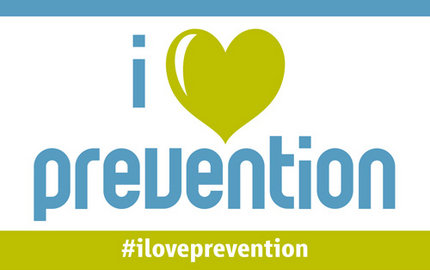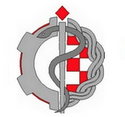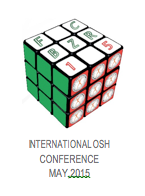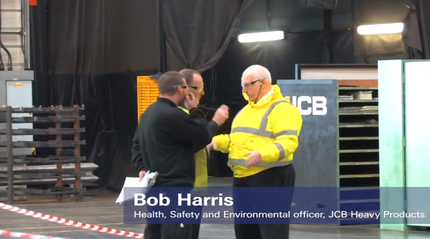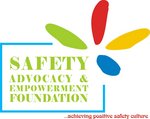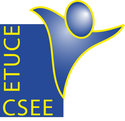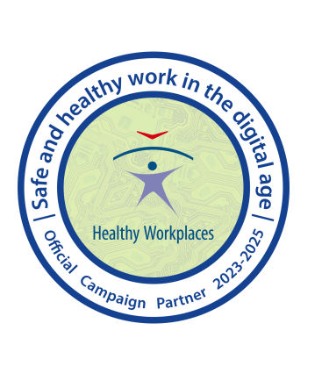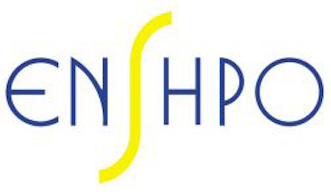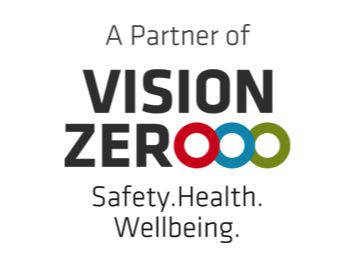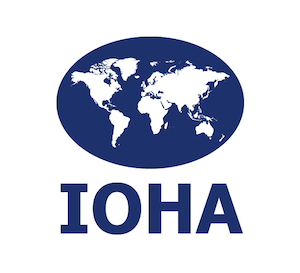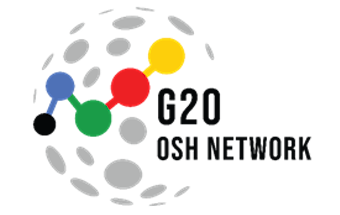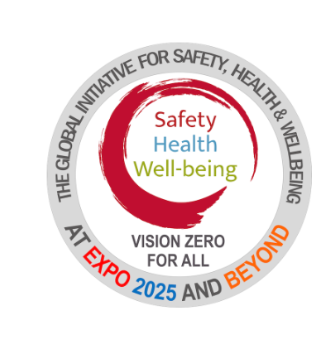Monthly Safety Walk In Nigeria
19. Feb 2015 /
To ensure the physical wellness and fitness of workers and general public as well as maintaining health, the Safety Advocacy and Empowerment Foundation (SAEF), a non – governmental organisation organised its first monthly safety walk on 10th January 2015 in Lagos, Nigeria.
The group, which is dedicated to the promotion of Health and Safety in partnership with the Institute of Safety Professionals of Nigeria (ISPON), American Society of Safety Engineers (ASSE), Nigerian Red Cross society, Lagos State Safety Commission (LSSC), Federal Road Safety Corps (FRSC) and Lagos State Fire Service had the theme: “Keep Safe, Live Healthy.”
It was attended by the Director-General of the Lagos State Safety Commission (LSSC), Mrs Dominga Odebunmi, among others. The others include industry captains, engineers, road safety officers, teachers, and youths. About 245 people participated in the walk. The road walk started at about 6am and covered eight kilometres.
Read more … "Keep Safe, Live Healthy"

